 Sometimes you really want to defend the indefensible. And this is one of those times, for me.
Sometimes you really want to defend the indefensible. And this is one of those times, for me.
When the atrocity was committed against the offices of Charlie Hebdo, in January of last year, my heart was crushed. Apart from the sheer human agony and the sense of tragedy that always accompanies human beings murdered over what is, essentially, differences of opinion, I was also struck deeply by another feeling. A feeling of solidarity with my fellow journalists, writers and publishers now dead and bloody on the floor of the staff editorial meeting.
I used to work in the media, and the sense of belonging to a profession hasn’t left me. I think it’s hard to work for any length of time in a publication and not feel a devotion to freedom of speech and care for the wellbeing of the democratic public. So when everyone said Je suis Charlie, I was right there with them, whole-heartedly.
I still am, obviously. When Charlie Hebdo, or any other publication, is being shot at or shut down I will be proud to count myself among their supporters. Even for publications I disagree strongly with.
Like Zaman, a conservative, Turkish, islamic newspaper. About a month ago, the Turkish government – NATO member, western ally – just plain seized control of the newspaper, following a spate of criticism against the Erdogan government. Two days after the takeover, Zaman published a paper full of pro-government articles and featured a smiling Erdogan on the cover. About the only thing I agree with Zaman about is an opposition to Erdogan’s authoritarianism and a support for an open and democratic conversation and a free press. The takeover was an international disgrace, and I’m outraged that there wasn’t more outrage. There was very little je suis Charlie spirit when it came time to say Ben Zaman duyuyorum (literally Google translate, my apologies to any Turkish speakers).
I liked a lot about Charlie Hebdo. I liked that they didn’t give a shit and that they were so dead serious about grinding everybody with an opinion’s face in the dirt. I defended them against some of the charges against them, and believed the people defending them, explaining that their jokes weren’t racist but rather making fun of racists.
That defense has become harder to trust now. Last wednesday, Charlie Hebdo published an editorial about the terror attacks in Brussels. The editorial was informed by what I can only describe as a racist attitude towards Muslims. In essence, it gave European Muslims the collective guilt for the attacks.
In reality, the attacks are merely the visible part of a very large iceberg indeed. They are the last phase of a process of cowing and silencing long in motion and on the widest possible scale.
…
Take this veiled woman. She is an admirable woman. She is courageous and dignified, devoted to her family and her children. Why bother her? She harms no one. Even those women who wear the total, all-encompassing veil do not generally use their clothing to hide bombs (as certain people were claiming when the law to ban the burqa was being discussed). They too will do nothing wrong. So why go on whining about the wearing of the veil and pointing the finger of blame at these women? We should shut up, look elsewhere and move past all the street-insults and rumpus. The role of these women, even if they are unaware of it, does not go beyond this.
Take the local baker, who has just bought the nearby bakery and replaced the old, recently-retired guy, he makes good croissants. He’s likeable and always has a ready smile for all his customers. He’s completely integrated into the neighbourhood already. Neither his long beard nor the little prayer-bruise on his forehead (indicative of his great piety) bother his clientele. They are too busy lapping up his lunchtime sandwiches. Those he sells are fabulous, though from now on there’s no more ham nor bacon. Which is no big deal because there are plenty of other options on offer – tuna, chicken and all the trimmings. So, it would be silly to grumble or kick up a fuss in that much-loved boulangerie. We’ll get used to it easily enough. As Tariq Ramadan helpfully instructs us, we’ll adapt. And thus the baker’s role is done.
…
The taxi heads for Brussels airport. And still, in this precise moment, no one has done anything wrong. Not Tariq Ramadan, nor the ladies in burqas, not the baker and not even these idle young scamps.
And yet, none of what is about to happen in the airport or metro of Brussels can really happen without everyone’s contribution. Because the incidence of all of it is informed by some version of the same dread or fear. The fear of contradiction or objection. The aversion to causing controversy. The dread of being treated as an Islamophobe or being called racist. Really, a kind of terror. And that thing which is just about to happen when the taxi-ride ends is but a last step in a journey of rising anxiety. It’s not easy to get some proper terrorism going without a preceding atmosphere of mute and general apprehension.
This is unacceptable.
The piece is full of well-mapped ideas of the islamophobic, racist right. The basic trope of the piece is that Muslims are collectively (and possibly semi-consciously), destroying Europe from within with foreign values. The physical presence of Muslims and their values in Europe, even when participating in public life with their own traditions and cultural signifiers, becomes a problem to be dealt with. Law-abiding, democratic citizens like the intellectual Tariq Ramadan, a hijab-wearing woman and a baker are complicit in the bombings. They are, the piece argues, fostering a climate of what I guess US conservatives would call “political correctness.”Muslims, in short, carry collectively guilt for the bombings.
So, to put this bluntly, this is racist. I don’t know if Charlie was radicalized by victimhood, but in a sense that’s an excuse that infantilises them. I’d rather they took responsibility for what they wrote and apologise.
So, to start with the obvious thing, Muslims in Europe do not carry collective guilt for the bombings. It’s not just morally wrong, it’s a profoundly dumb idea in practical terms.
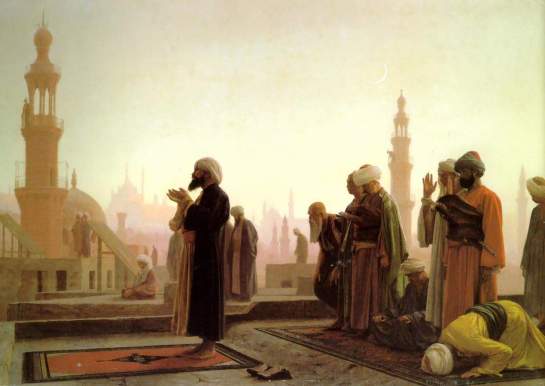
Jean-Leon Gerome, Prayer on the Rooftops of Cairo, oil on canvas, 1865
The moral case for it: collective guilt is only relevant insofar as the group is actively working to promote a moral wrong. So if, say, you are a fine and upstanding member of the NSDAP in 1942, someone who did nothing morally wrong yourself – you nonetheless legitimized and supported an organisation that carried out great evils.
But, since I’m not an idiot, it’s hard to see a hijab-wearing womanor a baker being a member of ISIL, supporting ISIL, or being an ideological cheerleader for ISIL without actively doing any of those things. Muslims of Europe aren’t secretly or negligently helping ISIL. They aren’t eroding democracy – what kind of a weak-ass democracy would that be? Instead, the Hebdo piece seems to argue that Muslims in general help foster terrorism by their faith. That makes no sense. 1.3 billion people can’t carry collective guilt for the actions of a bizarre minority of their faith. Even if you only count the roughly 45 million European Muslims you’re stretching it.
The strategic case for it: Do you really want to further alienate the Islamic minority? There are very few things you could do that would actually increase the likelihood of there being more terrorism in the future, but apart from making sure minorities have poorer living conditions, I’m pretty sure that fomenting cultural alienation is one of them. And studies of Islamic radicals seem to agree with me.
I’m sorry I had to write this. I really am. I hope Charlie will take all of this back. But maybe they won’t, so let me say this: if they ever come back to shoot at you, Charlie, I’ll be there for you. But I can’t accept this.
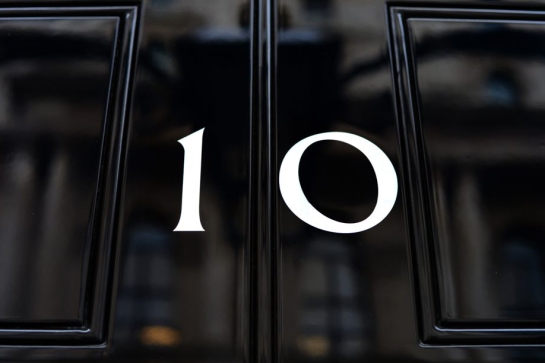 Theresa May is safely behind the keyless door with no door handle of No. 10 Downing Street. This is bad news, not least for those of us who distrust the authoritarian impulses of the right.
Theresa May is safely behind the keyless door with no door handle of No. 10 Downing Street. This is bad news, not least for those of us who distrust the authoritarian impulses of the right.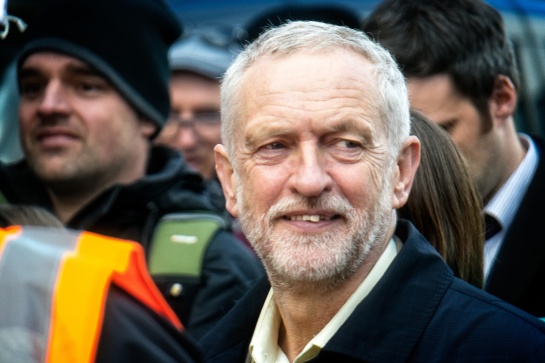 Tonight, in an extraordinary turn of events, the Parliamentary Labour Party (PLP), the group of Labour’s Members of Parliament (MPs), are mounting an attempted insurrection against Jeremy Corbyn’s leadership of the party.
Tonight, in an extraordinary turn of events, the Parliamentary Labour Party (PLP), the group of Labour’s Members of Parliament (MPs), are mounting an attempted insurrection against Jeremy Corbyn’s leadership of the party.
 “Are Insects Conscious?” The title of
“Are Insects Conscious?” The title of 

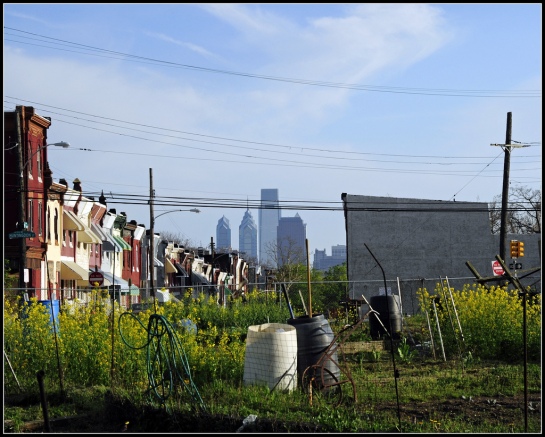
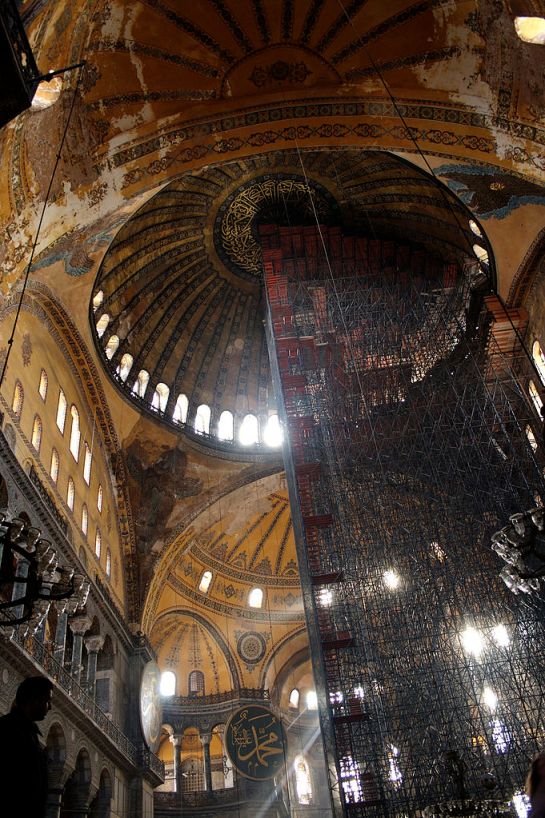
 Sometimes you really want to defend the indefensible. And this is one of those times, for me.
Sometimes you really want to defend the indefensible. And this is one of those times, for me.